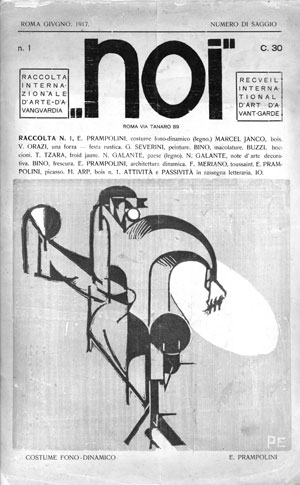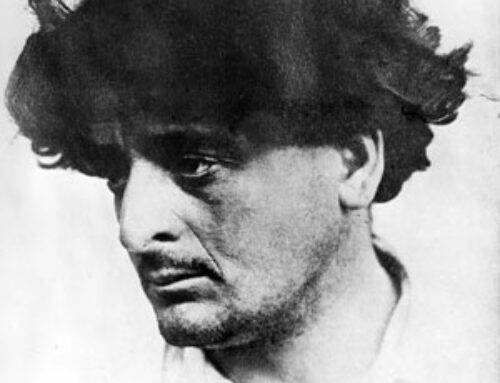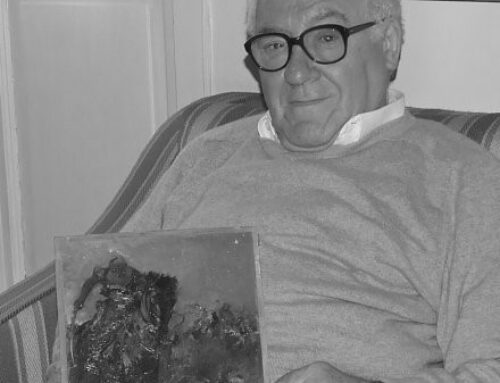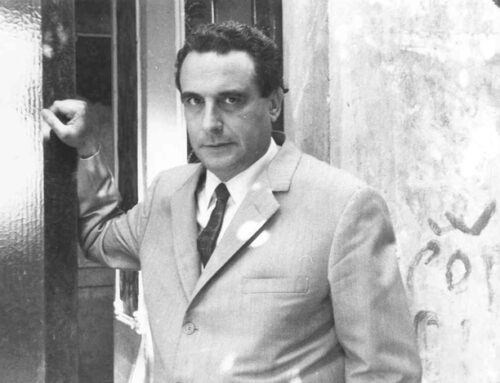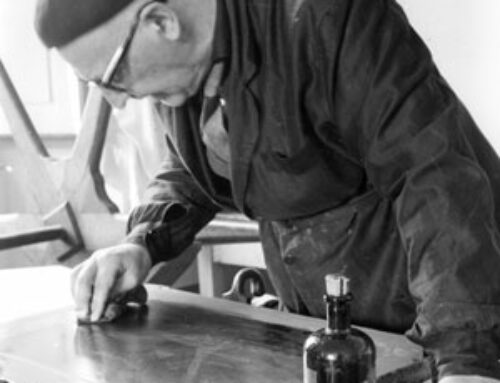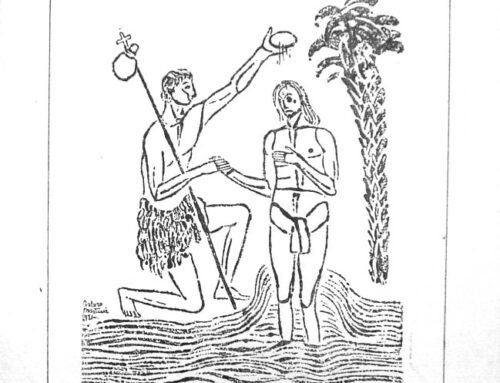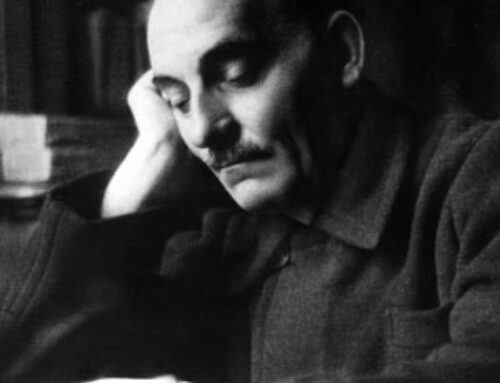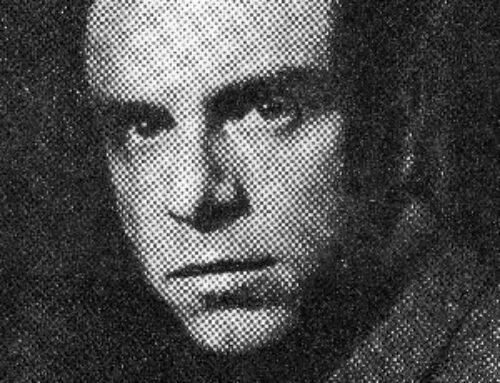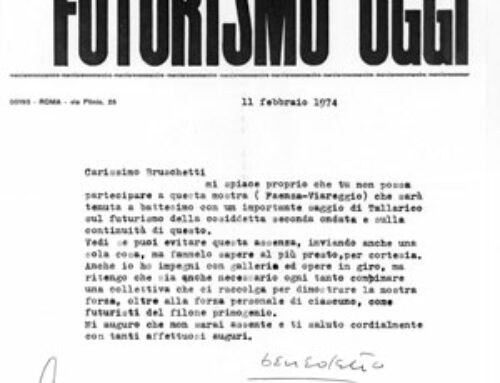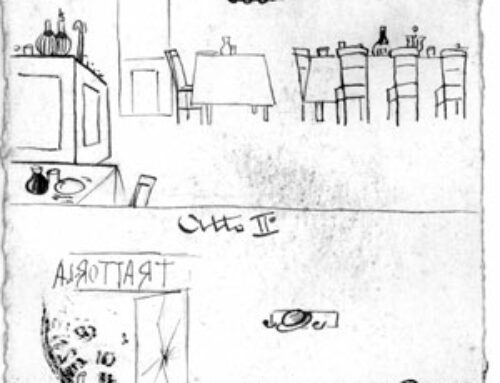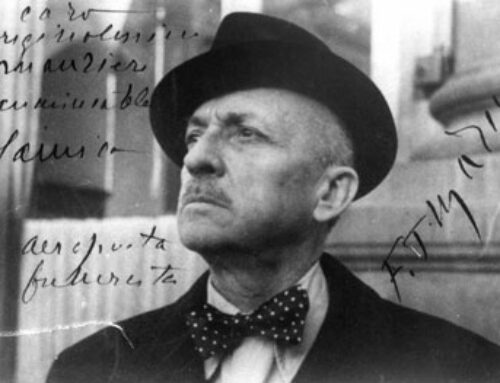(Lugo, Ravenna, 1880 – Ravenna 1955), composer and musicologist, a pupil of Mascagni, joined Futurism in 1910, drafting its music manifestos. From the same year is, in fact, the “Manifesto of Futurist Musicians,” which will be followed by the “Technical Manifesto of Futurist Music” (1911) and “Destruction of Quadrature” (1912). He collaborated with the Florentine magazine “Lacerba,” where he published in 1914 the musical text “L’aviatore Dro, op.33” and the article “Gl’intonarumori nell’orchestra,” which represented his adherence to Russolo’s manifesto “L’arte dei rumori.” A staunch interventionist, he composed “Ode to Victory, Op. 29” and the “Trio, Op. 28” during the war years. In 1918 he collaborated with the Bolognese newspaper “Il Resto del Carlino” and from 1919 to 1921 with “Popolo d’Italia,” at the personal invitation of Mussolini. He composed the musical interludes for Marinetti’s drama “The Fire Drum,” and from 1923 to 1927 composed his happiest works “Lullaby of Dolls, op.44,” “Spring Gift, op.48,” “The Godmaker, op.46,” and “Popolaresca,” composed for the performances of the Futurist Pantomime Theater. During these same years, he did not neglect his activity as an essayist for many cultural periodicals, including Bologna’s “Pensiero musicale,” of which he would take over as editor. Significant was his work as an ethnographer and collector of Romagna songs, which was part of the general rediscovery of the national musical heritage in line with the rise of fascism. Despite the incurable illness that would lead to his death, he managed to complete the “Autobiography” that would be published posthumously, in Milan, in 1971.
The Francesco Balilla Pratella Fund is divided into the following sections: Correspondence, undoubtedly the most conspicuous section, which collects letters addressed to Pratella from numerous correspondents including Bacchelli, Balla, Bastianelli, Boccioni, Bragaglia, Broglio, Cangiullo, Corradini, De Pisis, Farfa, Fillia, Marinetti, Mazza, Missiroli, Mussolini Benito and Arnaldo, Palazzeschi, Pizzetti, Settimelli, and Viani; Manuscripts, which records the presence of two typescripts signed by Remo Chiti and Emilio Settimelli; Press Review, which preserves articles from newspapers and magazines about Pratella’s work, which the latter gathered and arranged in variously titled notebooks (“Pro memoria,” “Articles on Futurism,” “Pro futurist musicians”); Periodicals, with various newspapers including “Comoedia,” “The Observer,” “The Literary Fair,” “Futurist Style,” and “We.” Printed material, which collects drafts, scattered sheets, and photocopies of letters found in original in the Correspondence section; Library, a collection of first editions related to futurism, often with dedications.

